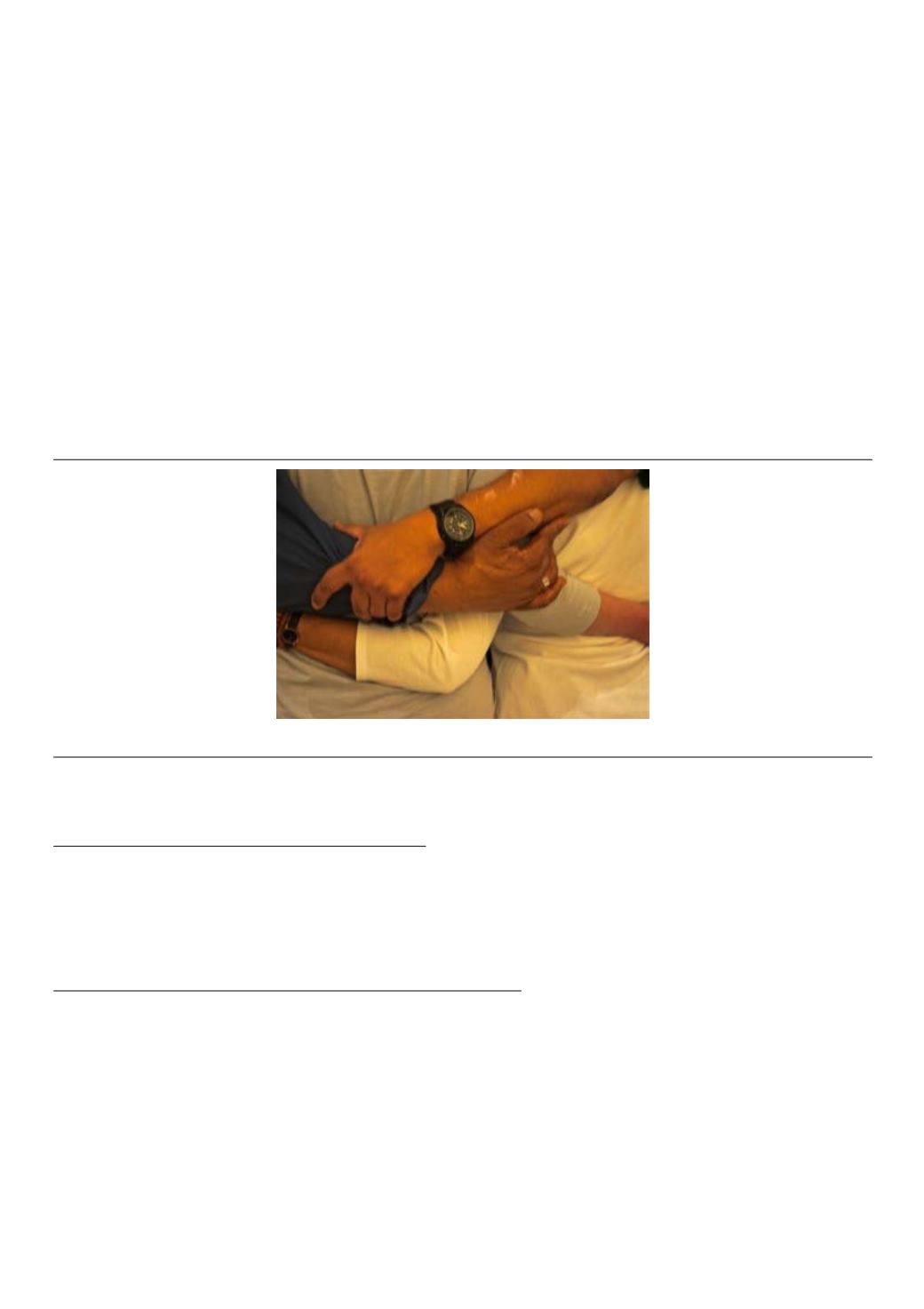
Curriculum Components Covered by the BWD Training
The design of the training builds logically from one day to the next, with the training initiated by a
deep exploration of values and ethics:
Day 1
: The training opens with an orientation session that gives a summary of the program
Day 2
: An exploration of the role of worldview, values and ethics in compassion-based care
Day 3
: An exploration of the role of attention, insight and embodiment in compassion-based care
Day 4
: Role play and exploration of prosocial communication
Day 5
: The A.B.I.D.E. model of compassion is explicated in detail
Day 6
: Unpacks issues around death, including peri-death phenomena, as well as ethical
discernment and action in care of the dying
Day 7
: Exploration of grief in the morning; in the afternoon, an exploration of applications of
compassion-based care in clinical settings
Day 8
: The training concludes with a summary of the training
Details of the Curriculum Components
Day 1: ORIENTATION (Education hours 2.5)
Late-afternoon session: Reflective practice: Intention, focused attention
Evening session: Orientation
Introduction to CEOLC, council: What will serve you in this training?
Day 2: VIEWS, VALUES, ETHICS (Education hours 8.5)
Yoga
Early-morning session: Reflective practice: Focused attention: Emphasizing the relationship
between equanimity and compassion
Morning session: View, values
Debrief: Focused attention
Yoga
PPT: CEOLC theory, rationale: Six edge states, four benefits of reflective practices
Compassion and G.R.A.C.E. models
472


